Entering the Charing Cross Theatre this summer promises a captivating evening where history, mystery, and introspection entwine. The Daughter of Time brings Josephine Tey’s beloved novel into the theatrical spotlight—setting Scotland Yard’s Inspector Alan Grant in a post‑war hospital room, probing the age‑old question: did Richard III really murder his nephews, the Princes in the Tower? What starts as a way to fill idle hours with detective curiosity swiftly becomes a drama fueled by historical injustice and personal awakening.
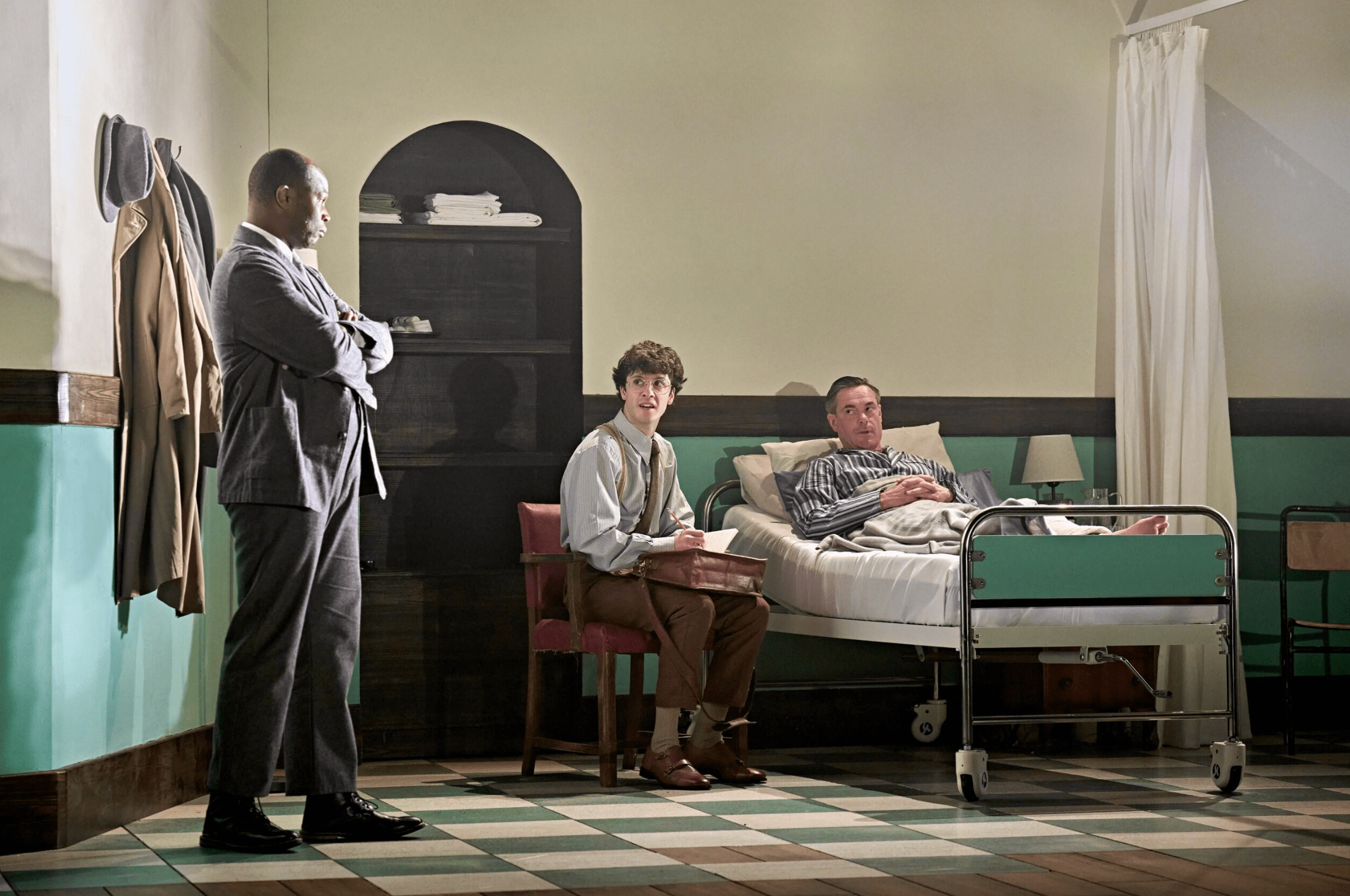
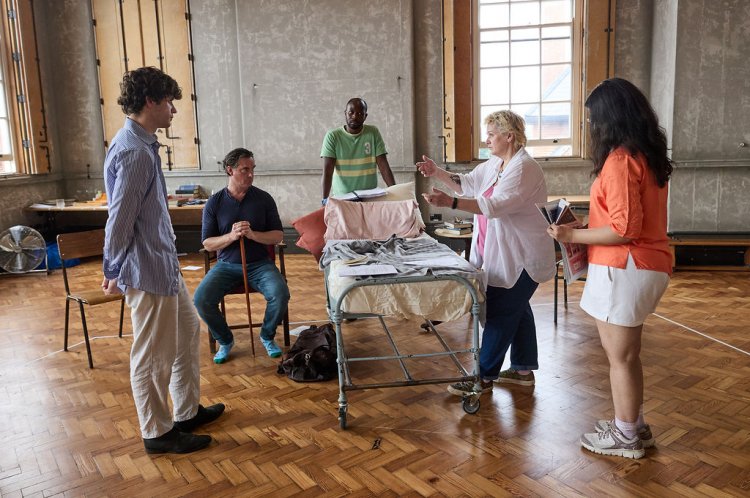
The adaptation, crafted by M. Kilburg Reedy and directed by Jenny Eastop, takes care to honour Tey’s original voice while transforming Grant’s famously cerebral inquiry into something theatrical and dynamic. Eastop and Reedy introduce new characters—Shakespearean actors, bracing nurses, a sceptical deputy, and an American researcher—each adding fresh energy and emotional stakes to the investigation. The result promises a story that is as witty as it is intelligent, with moments of comedy, romance, and ideological tension interwoven into the cold case at the heart of the play.
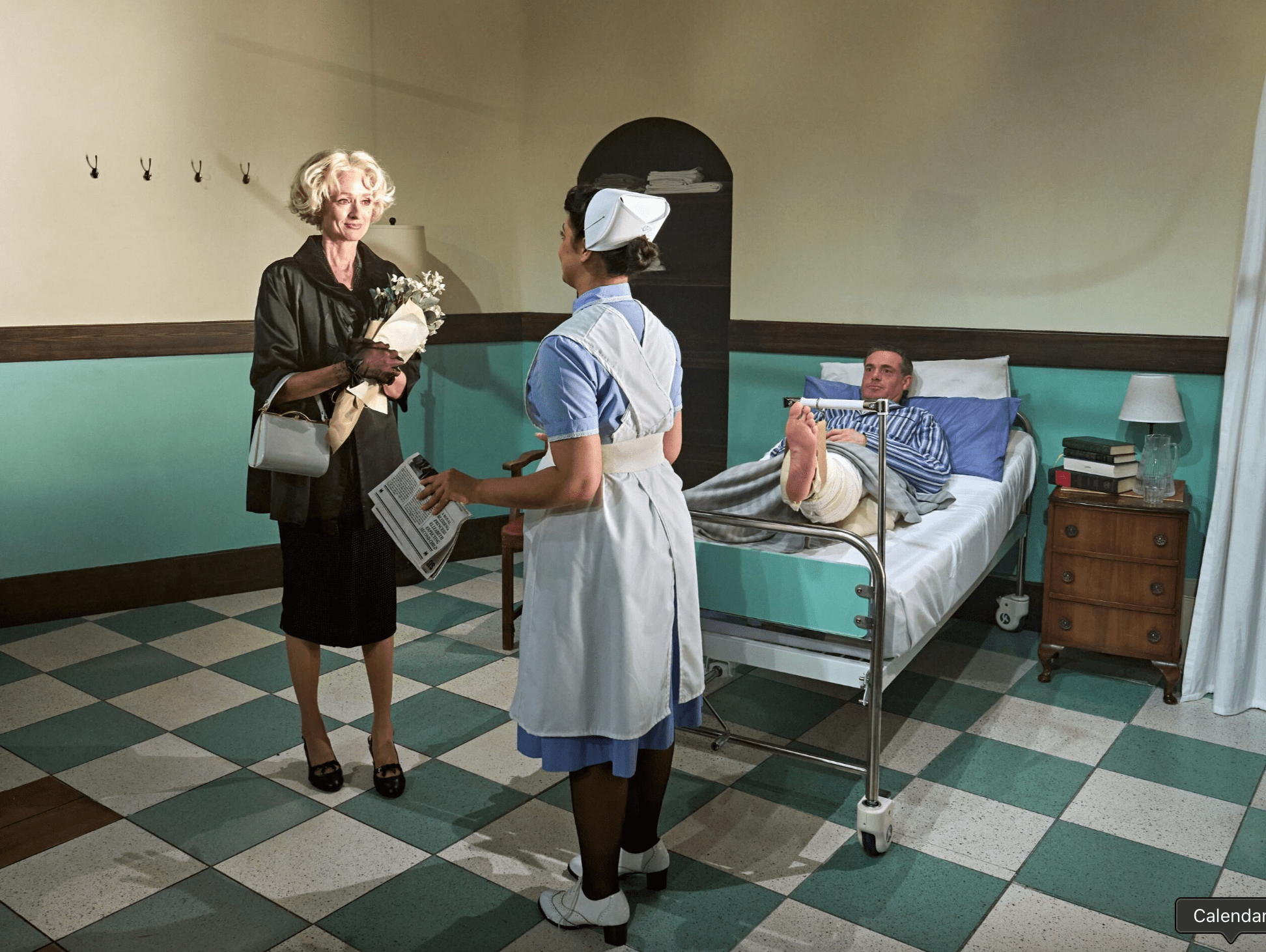
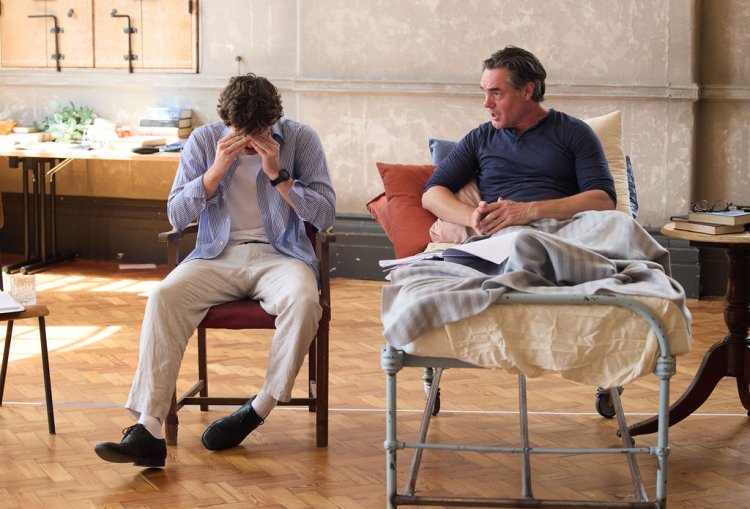
The cast features Rob Pomfret as the irascible but brilliant Inspector Grant, joined by Rachel Pickup as Marta Hallard, the glamorous actress whose affection for Grant brings warmth and vulnerability to the proceedings. Noah Huntley appears as Nigel Templeton, a polished Shakespearean actor, while Harrison Sharpe plays Brent Carradine, a young historian whose American optimism contrasts sharply with Grant’s skepticism. Nurses Ingham and Darroll—played by Hafsa Abbasi and Janna Fox—and Sergeant Williams (Sanya Adegbola) round out the ensemble, their voices offering both opposition and insight throughout the investigation.
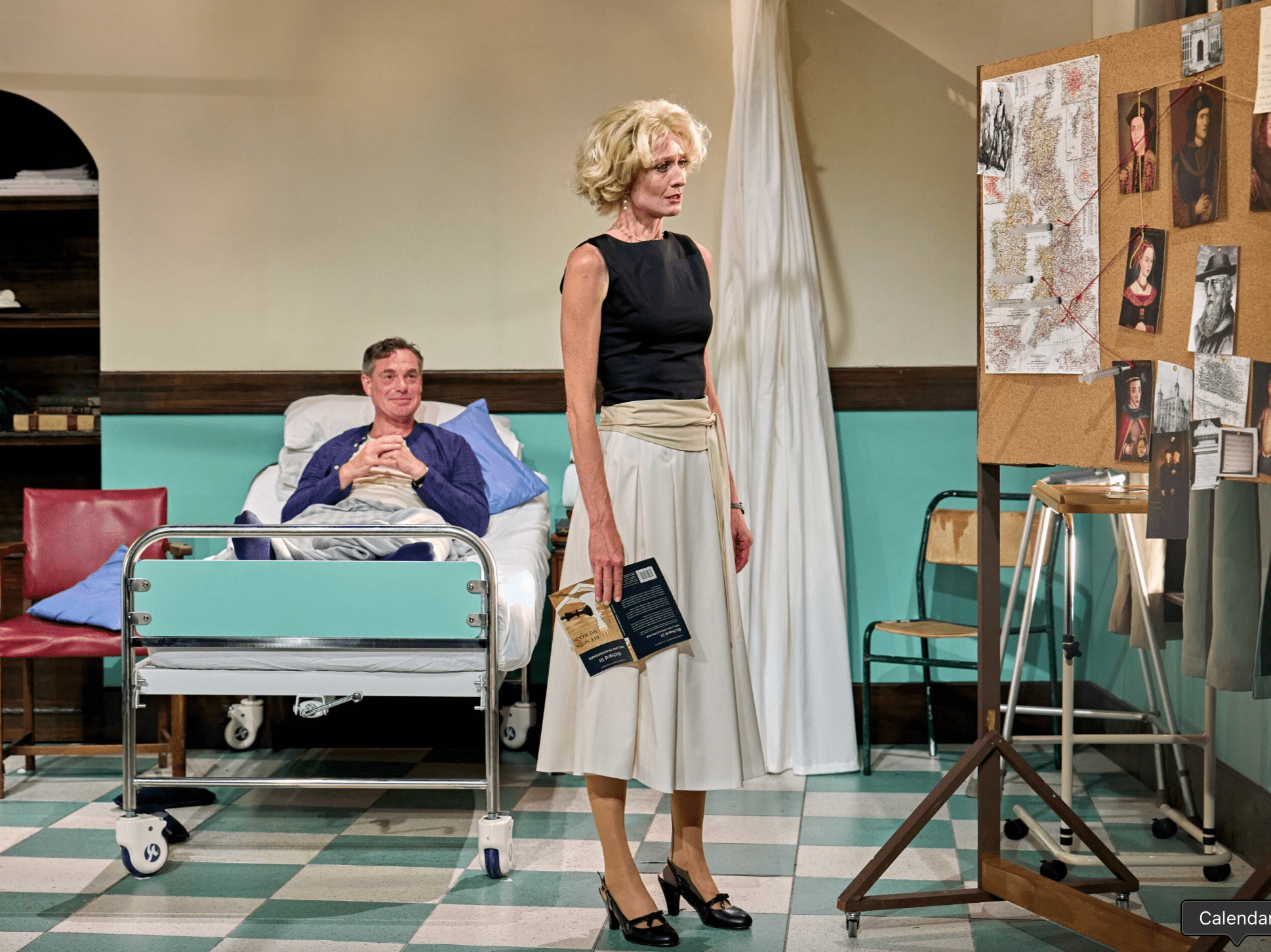
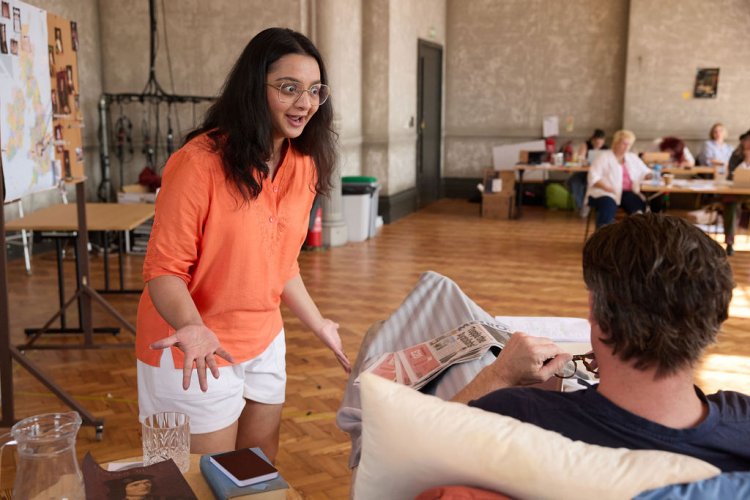
Visually and atmospherically, the show leans into the intimacy of the theatre’s 265‑seat space beneath the arches of Charing Cross station. Set and costume designer Bob Sterrett brings 1950s London to life with subtle period detail, while Oliver McNally’s lighting, Haddon Kime’s original score, and Andrew Johnson’s sound design work in harmony to evoke both the labyrinth of a mind at work and the shifting shadows of history being re‑examined. This is not a grand historical pageant—it’s a thoughtful, contained drama that unfolds like a legal argument laid bare.
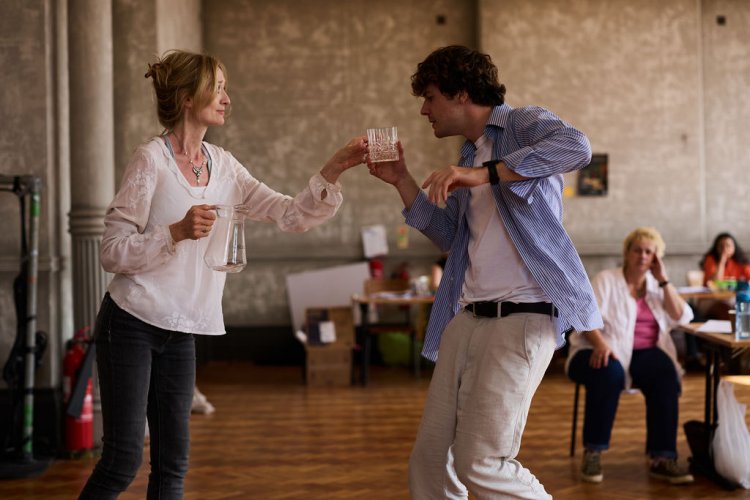
Perhaps the most compelling reason to anticipate this production is its urgency. In an age where public truth is contested, The Daughter of Time taps into contemporary anxieties about memory, power, and narrative control. Reedy’s adaptation makes that connection explicit, drawing parallels between Tudor misinformation campaigns and modern disinformation, transforming Tey’s novel into a timely commentary without sacrificing its period charm.
In sum, The Daughter of Time at Charing Cross Theatre promises an evening of intellectual spark, compassionate character work, and provocative resonance. With a compelling cast, an intimate staging, and a thematic focus on truth’s fragility across centuries, this world premiere feels both faithful and refreshingly bold. It may not be a spectacle, but it aims to be something rarer: a theatrical investigation that lingers in the mind long after the lights go down.

